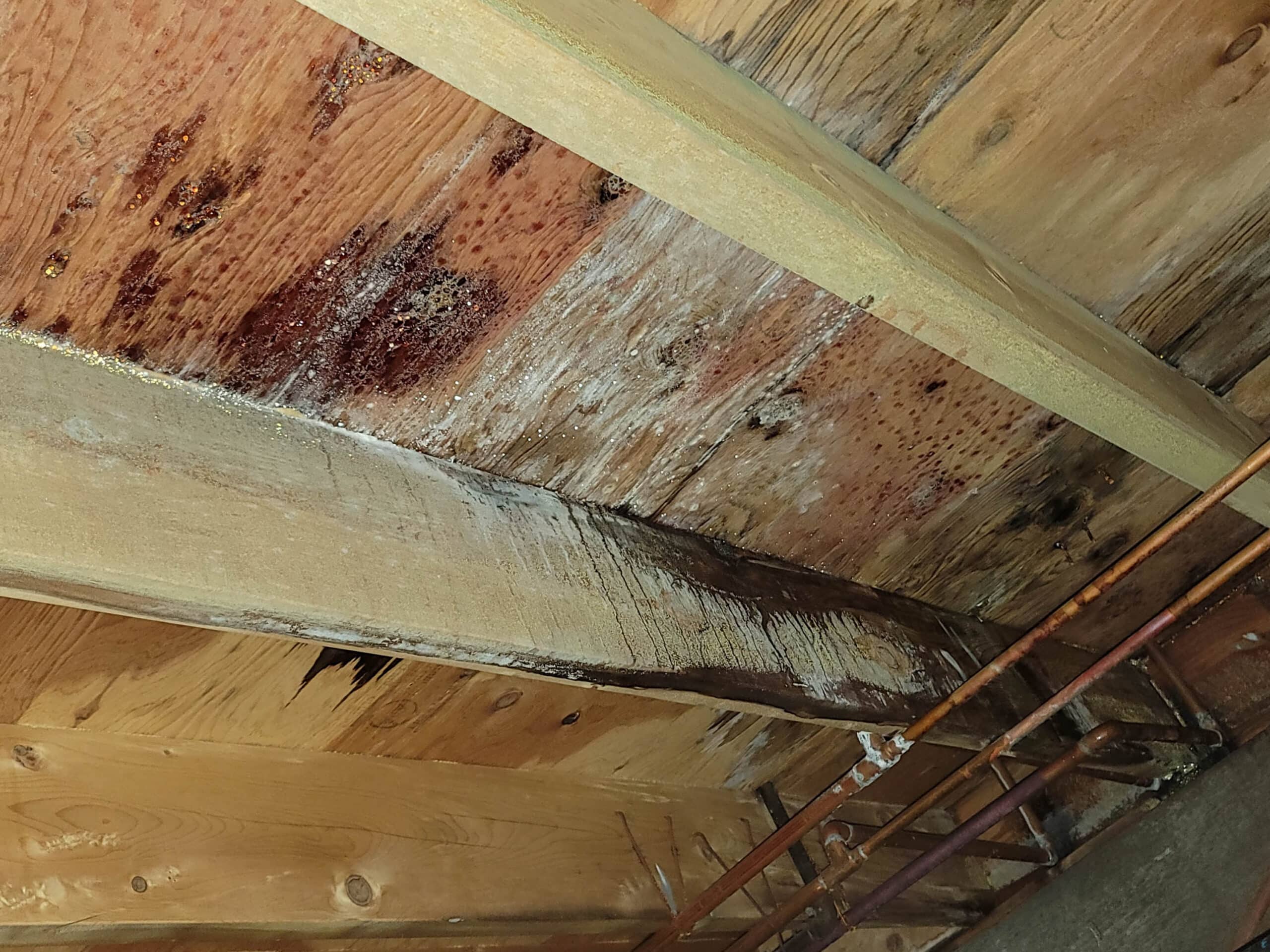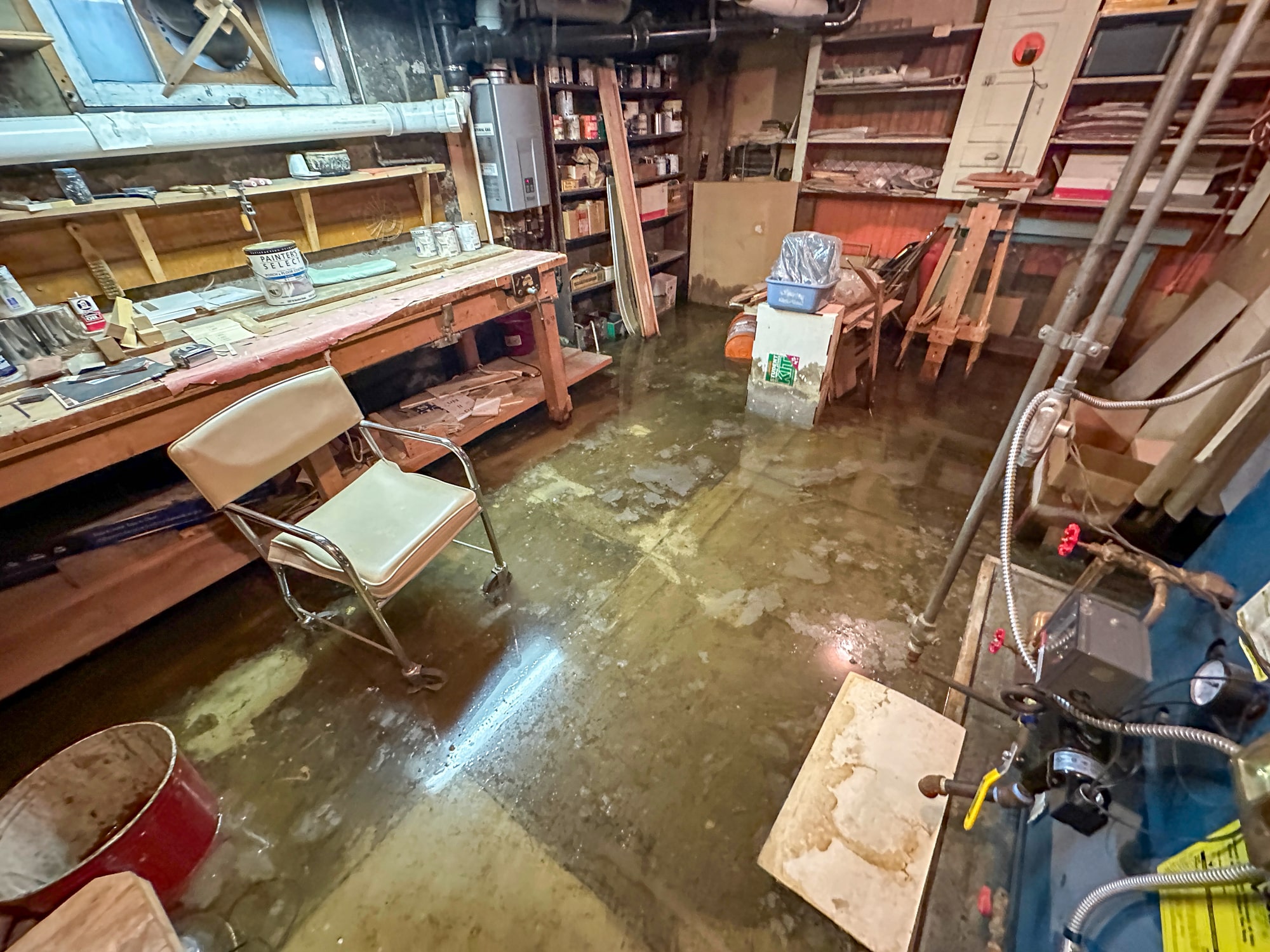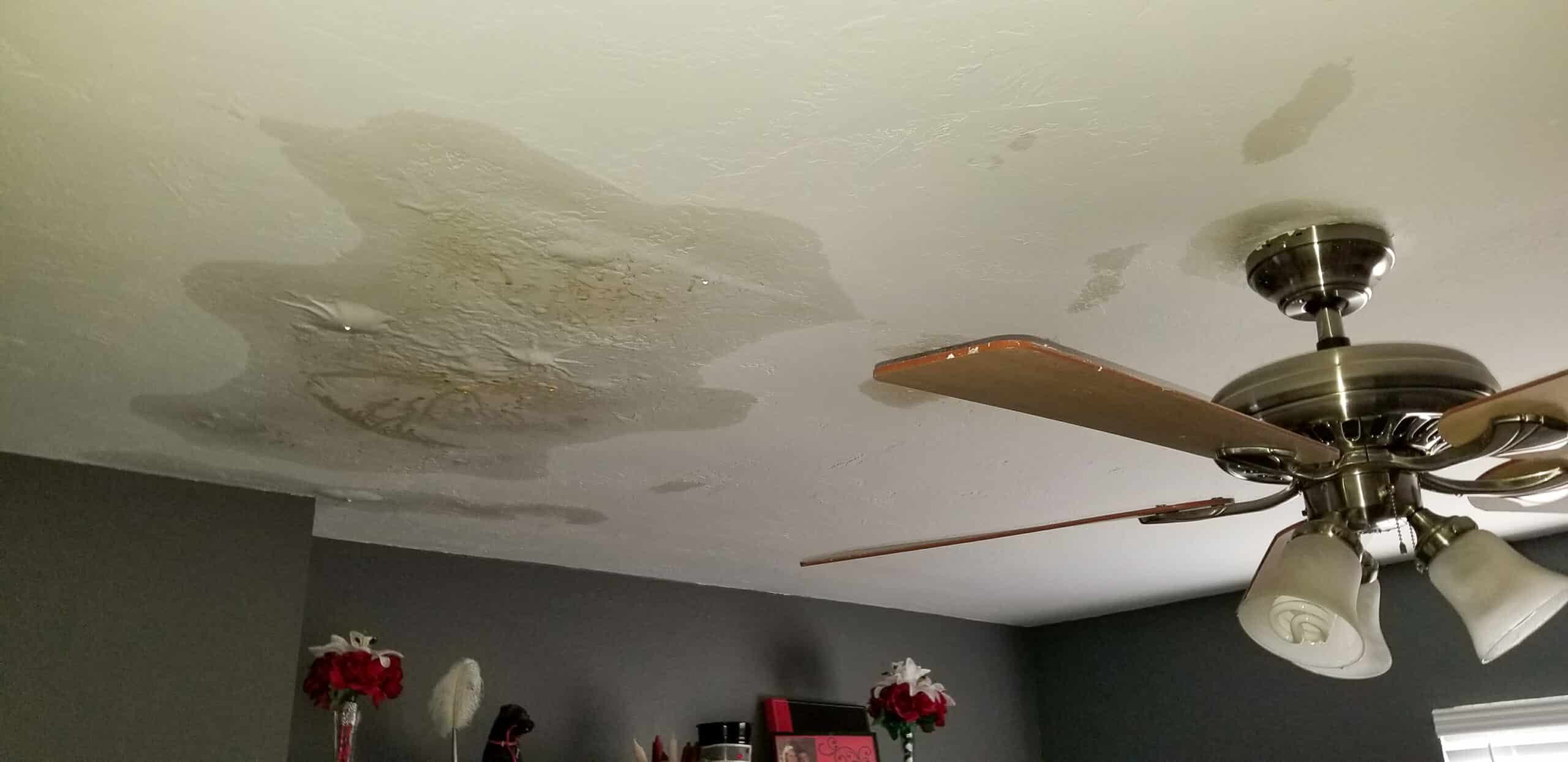House fire can be perhaps the most baffling and challenging experience. It is unexpected, it is tragic, and it causes damage, loss, and uncertainty. If you have just experienced a fire, it is hard to know what to do. But doing it right from the start will get you back to normal more quickly, keep you safe, and allow you to reclaim your life.
In this blog, we are going to walk you through what to do when there has been a house fire and how to do it step by step in understandable terms.
Be Safe
Safety comes first.
- Make sure all family members, pet animals, and loved ones are safe.
- Call 911 or go to the nearest hospital if someone is injured.
- Keep away from the fire-burned house and wait for the firefighters’ permission.
Even if it was a minor fire, it could have charred the building, wires, or pipes. Never enter the building unless you have a right to do so.

Alert Emergency Services
Contact the fire department if you haven’t already. They will:
- Ensure the fire has been completely extinguished
- Ensure there are no concealed hot spots that can reignite
- Tell you whether or not the building is safe to enter
Also, if needed, dial the police to lock up the premises. Some houses are left open after a fire. Police can help lock up the property if it’s not safe to lock up yet.
Call Family and Friends
Your family and friends will need to know you’re safe after a fire.
- Call or text close family and friends.
- Let them know what happened.
- Inform them where you will be staying temporarily.
This help is valuable. You do not have to go through this by yourself. They can provide you with food, clothing, shelter, or emotional support.
Obtain a Safe Place to Sleep
You cannot go home right away. You’ll need a safe and clean place to sleep.
- Sleep over at a relative’s or friend’s house if you have the ability to.
- Contact your local Red Cross or disaster relief agency.
- Your policy may also cover you staying in a hotel.
Don’t even try sleeping in a burned-down house. Fire, smoke, and water damage are extremely dangerous.
Notify Your Insurance Company
Call your insurance company right away.
- Report the fire.
- Ask how you can make a claim.
- They can send someone out to inspect the damage and make that determination.
Inform your insurer with everything you’ve found out. Photograph, document, and video if access is available. They will come in handy when making a claim.
Inquire also:
- What is included in my policy
- Is temporary accommodation included
- What are items included for repair or replacement
Get a Copy of the Fire Report
Get a copy of the fire incident report from the fire department. It includes:
- The date and time of the fire
- Most likely cause
- Who was on hand to respond
- Any safety concerns
Your insurance agency might require this report as part of a claim. Make a duplicate.
Lock Up Your House
If your home survives, lock it to avoid further theft or destruction.
- Board up a busted door or window
- Cover over a broken roof
- Put in a temporary fence where needed
If you cannot do this yourself, then you should consider hiring a fire damage restoration company. They will secure the house and begin the cleanup.
You should also call your local police and let them know that your home is unoccupied. They will visit if you are going out.
Document Damaged Items
Create a list of all damaged or missing items.
- Take clear photos or video of rooms, furniture, and personal items
- Writing down items like brand, model, and approximate value
Use this list for your insurance claim. Keep receipts, warranties, or records you’ve saved on large items.
9. Start the Cleaning
Fire burns things—but it also produces smoke, soot, and water damage. Cleaning isn’t any fun. If you clean a little bit:
- Wear gloves, masks, and safety equipment
- Ventilate the area if you can
- Dispose of rotten food and crushed medicine
- Do not operate electric equipment prior to inspection
Seeking professional fire restoration is recommended. They can remove smoke residue, deodorize, dry out water damage, and prevent mold.
Replacing Vital Documents
Vital documents will be burned up in fires. Try to replace them as soon as possible. Follow this checklist:
- ID cards (driver’s license, passport, social security card)
- Birth certificates
- Insurance policies
- Property titles
- Bank cards and checkbooks
- Medical records and prescriptions
You may have to visit government offices or obtain new copies through the internet. Store all new documents in a safe place.
Talk to Your Utility Providers
Phone your electricity, gas, and water suppliers.
- Alert the fire
- Cancel or suspend supply
- Inquire if any bills can be reduced or delayed
Don’t change utilities on until the house has been checked. Fire distorts gas pipes, cables, and pipes.
Monitor Your Health
It’s a traumatic experience to experience a house fire. It’s not good for your body, mind, and emotions.
You may be feeling:
- Shock or denial
- Sadness or anger
- Stress and anxiety
- Difficulty sleeping or eating
All of these feelings are normal. Give yourself time to recover. Seek the aid of a counselor or mental health counselor if you need it. Free counseling is usually available in most locations after a disaster.
Be also sensitive to breathing problems. Soot and smoke can cause coughing, headaches, or eyeaches. Get a doctor to check you out if they continue.
Help Your Children Cope
If you do have kids, they will not understand. They may become frightened or threatened.
- Let them know that they are safe now
- Tell them the truth
- Stick to routines like bedtime and meals
- Let them complain and ask questions
Support groups or counseling can assist kids as well.
Plan Your Next Steps
After the first few days are over, long-term recovery needs to be planned. Ask yourself:
- Can the home be rebuilt, or must we rebuild?
- Do I have to stay in this area?
- How much am I comfortable spending on repairs?
- What’s covered by my insurance?
Have your contractor and insurance adjuster at your disposal. Obtain bids from licensed professionals. Never rush to rebuild.
Stay Organized
You’ll be getting a lot of calls, completing a lot of forms, and making a lot of decisions following a fire. Keep your head by:
- Having a fire recovery folder
- Savings all invoices and receipts
- Logging contacts’ names and dates
- The follow-up on insurance claims
It will make recovery easier.
Final Words
A home fire turns your life upside down in an instant. It is a cause of suffering, loss, and terror. But time heals with the help of assistance and right action.
Put safety first. Trust your family. Then turn to insurance and experts. Be patient and step by step. You are not alone, and there is hope.
You have lived through the fire—now it’s time to start anew with hope.





